Table of Contents
Candidates gearing up for the KVS PGT Computer Science Exam 2025 should start their preparation by thoroughly understanding the officially released KVS PGT Computer Science Syllabus 2025, available on the Kendriya Vidyalaya Sangathan (KVS) website. The chances to boost their success in the KVS Teacher Recruitment 2025, it is highly advisable for the aspirants to access and download the KVS PGT Computer Science Syllabus PDF. This will help them plan a structure and topic-wise study strategy to effectively bring success in the exam. A clear grasp of the syllabus will help candidates focus on key areas, manage time effectively, and prepare with confidence for the Computer Science PGT post.
KVS PGT Computer Science Syllabus
The KVS PGT Computer Science Syllabus 2025 is carefully designed to assess a candidate’s expertise in Computer Science along with proficiency in English, language skills, teaching aptitude, and overall suitability for the Post Graduate Teacher (PGT) role. Candidates must have a good grasp of the basics and concepts of Computer Science and have a comprehension of the various teaching methodology to assist the students understand everyti that is taught in the classroom .Having a clear understanding of the syllabus allows aspirants to streamline their preparation, focus on high-weightage topics, and strategically enhance their chances of cracking the exam with confidence.
KVS Post Graduate Teacher Computer Science Syllabus: Overview
The KVS PGT Computer Science Syllabus 2025 outlines the essential subjects and topics that candidates need to focus on to succeed in the recruitment exam conducted by Kendriya Vidyalaya Sangathan (KVS). Staying informed about official updates and thoroughly reviewing the latest syllabus is crucial for effective exam preparation. By following a well-structured and strategic study plan based on the syllabus, aspirants can enhance their performance and improve their chances of securing the PGT Computer Science position. Ensure to stay updated and optimize your preparation to increase your likelihood of success in the KVS PGT Computer Science exam.
| KVS PGT Computer Science Syllabus | |
| Organization Name | Kendriya Vidyalaya School |
| Conducting Body | Kendriya Vidyalaya Sangathan |
| Post Name | PGT Computer Science |
| Vacancies | Notified Later |
| KVS Job Profile | National |
| Mode of Application | Online |
| Mode of Examination | Online |
| KVS Selection Process | Written Test & Interview |
KVS PGT Computer Science Exam Pattern 2025
Understanding the KVS PGT Computer Science Exam Pattern 2025 is essential for effective preparation in conjunction with the syllabus. It provides candidates with a clear overview of the number of questions, total marks, marking scheme, and other critical details. Familiarity with the exam pattern enables candidates to design a strategic study plan and manage time effectively during the exam. Refer to the comprehensive table below for detailed information on the exam duration, number of papers, mode of examination, and the language in which the test will be conducted.
| KVS PGT Computer Science Exam Pattern 2025 | |
| Total Marks | 180 marks |
| Total Number of Questions | 180 questions |
| Time Duration | 3 Hours (180 Minutes) |
| Medium of Examination | English/Hindi (Bilingual) |
| Type of Questions | Objective Type Multiple Choice Question |
| Number of Paper | Paper-I and Paper-II |
| PGT Concerned Subject | Computer Science |
KVS PGT Computer Science Marks Distribution
Candidates preparing for the KVS PGT Computer Science Exam 2025 must understand that the exam is structured into four main parts, with a total of seven subparts. Part I includes General English and Hindi, each worth 10 marks. Part II covers General Awareness (10 marks), Reasoning (5 marks), and Computer Literacy (5 marks). Part III focuses on Perspectives on Education and Leadership, carrying 40 marks. Finally, Part IV assesses Computer Science subject knowledge, with 100 marks allocated. The exam is bilingual, objective-type, and has a duration of 3 hours, providing a comprehensive evaluation of candidates’ skills and knowledge.
| KVS PGT Computer Science Mark 2025 | |||
|---|---|---|---|
| KVS Exam | KVS Subjects | Number Of Ques. | Total Marks |
| PART- I | General English | 10 | 10 |
| General Hindi | 10 | 10 | |
| PART-II |
General Awareness & Current Affairs | 10 | 10 |
| Reasoning Ability | 5 | 5 | |
| Computer Literacy | 5 | 5 | |
| PART-III | Perspectives on Education and Leadership | 40 | 40 |
| PART-IV | Computer Science | 100 | 100 |
| Total | 180 | 180 | |
Detailed KVS PGT Computer Science Syllabus 2025
The KVS PGT Computer Science Syllabus 2025 follows the NCERT/CBSE curriculum for Classes XI and XII and tests candidates’ conceptual clarity, teaching aptitude, and practical application of Computer Science concepts. To excel, aspirants must focus on both theoretical knowledge and hands-on skills in programming, databases, networks, and emerging technologies.
| Detailed KVS PGT Computer Science Syllabus 2025 | |
| Unit | Topics |
| Computer Systems and Organisation |
|
| Computational Thinking and Programming – 1 |
|
| Society, Law and Ethics |
|
| Computational Thinking and Programming – 2 |
|
| Computer Networks |
|
| Database Management |
|
| Introduction to Python |
|
| Data Handling using Pandas |
|
| SQL Query Functions |
|
| Introduction to Computer Networks |
|
| Societal Impacts |
|
| Emerging Trends |
|
KVS PGT Computer Science Syllabus PDF
Candidates preparing for the KVS PGT Computer Science Exam 2025 can download the complete syllabus in PDF format from the link given below. The KVS PGT Computer Science Syllabus PDF offers a detailed subject-wise breakdown of all essential topics, helping aspirants understand the exam pattern, prioritize key areas, and structure their study plan effectively. Keeping the syllabus PDF handy for regular reference will ensure a focused, organized, and result-oriented preparation strategy throughout the exam journey.
| KVS PGT Computer Science Syllabus 2025 | |
| KVS PGT Computer Science Syllabus 2025 (General Paper) | Click Here |
| KVS PGT Computer Science Syllabus 2025 | Click Here |
| KVS 2025 Important Links | |
| KVS Vacancy 2025 | KVS Eligibility Criteria 2025 |
| KVS Syllabus 2025 | KVS Previous Year Question Paper |
| KVS Salary 2025 | KVS Selection Process 2025 |

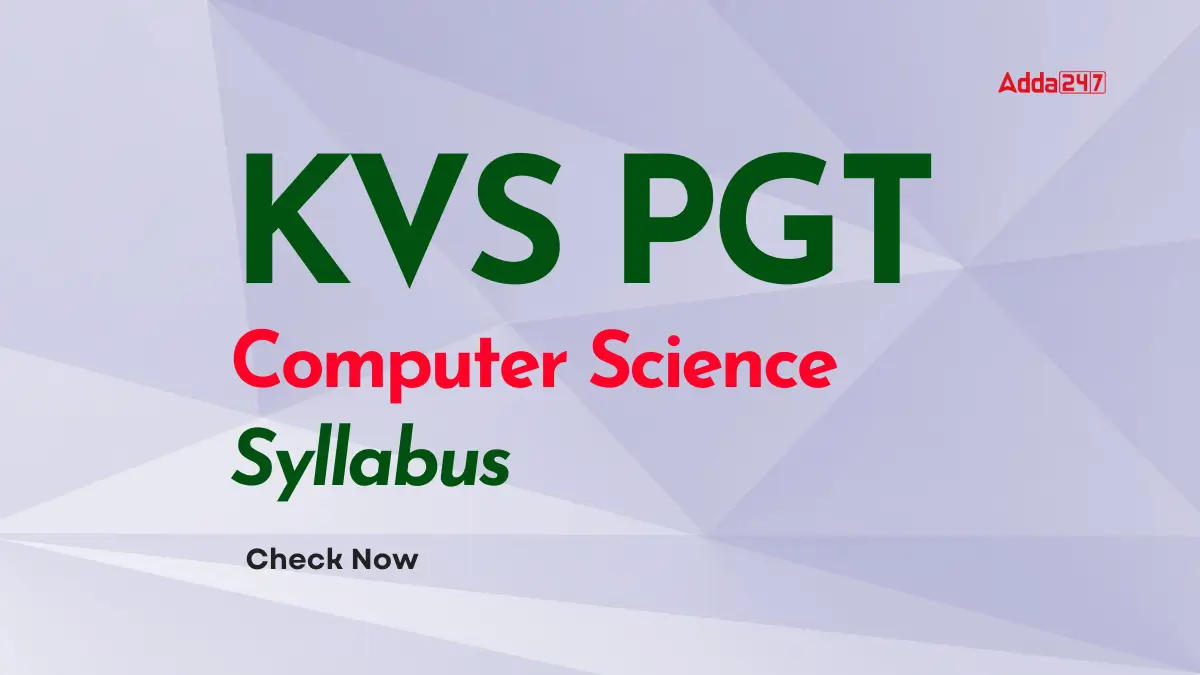
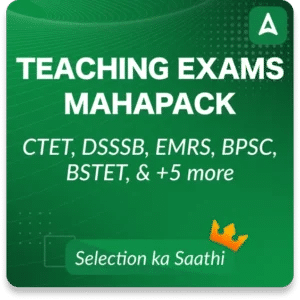

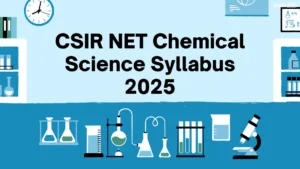 CSIR NET Chemical Science Syllabus 2025,...
CSIR NET Chemical Science Syllabus 2025,...
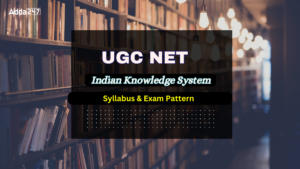 UGC NET Indian Knowledge System Syllabus...
UGC NET Indian Knowledge System Syllabus...
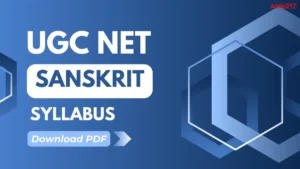 UGC NET Sanskrit Syllabus 2025 PDF Downl...
UGC NET Sanskrit Syllabus 2025 PDF Downl...














